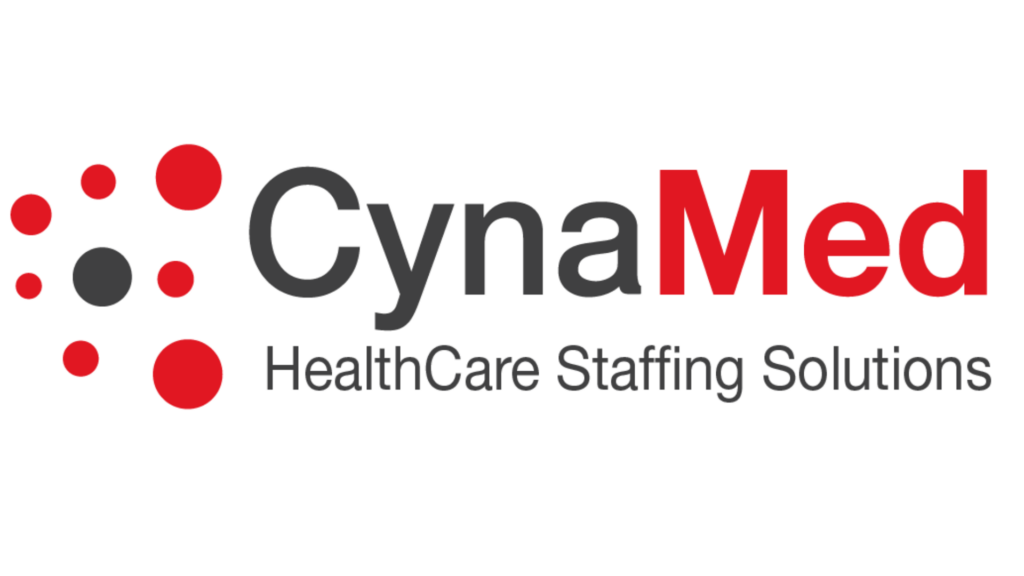When it comes to nursing, most people believe that a nursing degree is required. But the truth is that non-degree opportunities are available, and the journey to a fulfilling career may not end with an Associate degree.
Knowing the different career paths and opportunities available with each degree is important in carving out your nursing journey. Here’s everything you need to know about non-degree nursing and degree paths.
The Map to an Associate Nursing Degree and Beyond
Nursing is a growing field and is in high demand. But with so many paths to choose from, it can become overwhelming for newcomers.
From non-degree nursing positions to advanced degree opportunities, here’s everything you need to know about nursing degrees.
Non-Degree Opportunities
As previously stated, your passion for helping others doesn’t necessarily require a degree. There are non-degree nursing opportunities available.
- Certified Nursing Assistant (CNA): Under the supervision of registered nurses (RNs) or licensed practical nurses (LPNs), CNAs provide basic patient care. CNA programs usually last a few weeks or a few months, include classroom instruction, and involve clinical training.
- Medical Assistant: People in these positions assist physicians and nurses by helping with administrative and clinical tasks. Most community colleges and vocational schools offer certification programs.
- Home Health Aid (HHA): In this position, you’ll be assisting patients who are homebound or require in-home care. To be an HHA, you’ll need to complete a state-approved program. Depending on the state, you may also need certifications.
These roles and more are available without a degree. It’s important to note that these positions require program training, certifications, or both. While programs and certifications may take time, they are not the same as a degree.
Getting Your Associate Nursing Degree
If you are looking to pursue a career that requires a degree, it’s important to note that there are associate programs available.
Known as an Associate Degree in Nursing or ADN, this degree typically takes two years to obtain. It’s an undergraduate degree that allows students to obtain core knowledge and clinical skills that are necessary in nursing.
Earning this degree opens the door for larger career opportunities like:
- Registered Nurse
- Outpatient or Personal Care Nurse
- Physician’s Office Nurse
- Public Health Nurse
- Labor and Delivery Nurse
- Rehabilitation Nurse
What Do Advanced Degrees Offer?
Like many other fields, nursing also has advanced degree opportunities. This includes a Bachelor of Science in Nursing (BSN) or a Master of Science in Nursing (MSN).
Pursuing higher education is a great option for nurses who want to elevate their career path and move on to administrative or management roles.
Obtaining a BSN opens up new job opportunities like:
- Pediatric Nurse
- ICU Nurse
- Surgical Nurse
- Nurse Manager
- Health Educator
Obtaining a MSN offers new opportunities like:
- Nurse Practitioner
- Certified Nurse Midwife
- Certified Registered Nurse Anesthetics
- Certified Nurse Specialist
Benefits of an Online Nursing Degree
When it comes to higher education, it’s important always to consider your circumstances. Whether it’s transportation, finances, or personal matters, it can be a difficult time obtaining a degree.
But the good news is that many universities and colleges offer online nursing degree programs, which can help ease stress and burdens.
Benefits of enrolling in an online nursing program include:
- Lower costs
- More schedule flexibility
- Self-paced learning options
- Remote learning, no need for transportation
Nursing programs can be stressful, but remember that options are available, like online learning, to help you achieve your career goals.
Learn More with CynaMed
Are you interested in learning more about nursing and whether it’s the right fit for you? Read more about nursing paths and the field on our blog.






